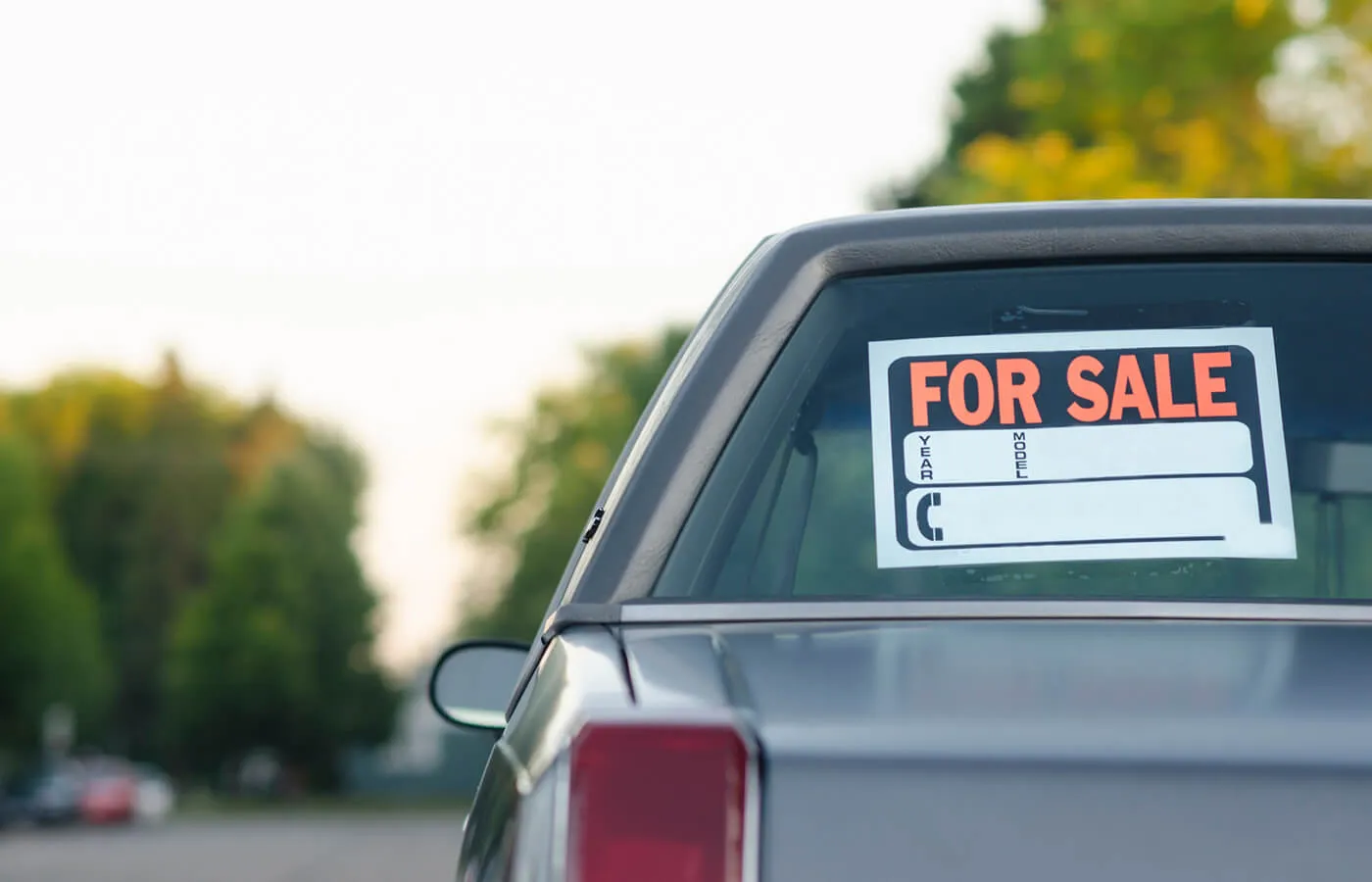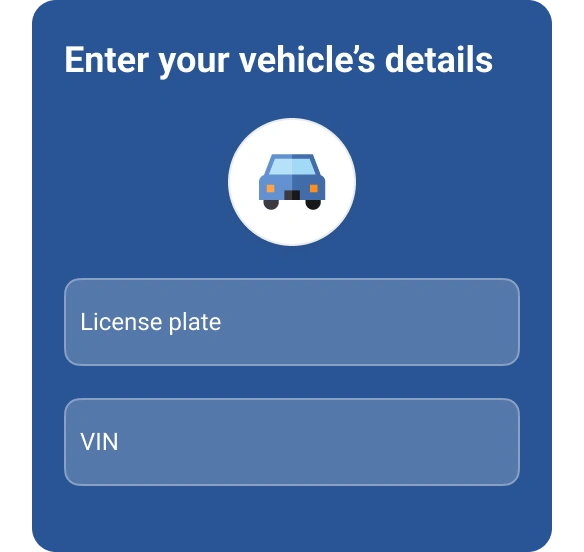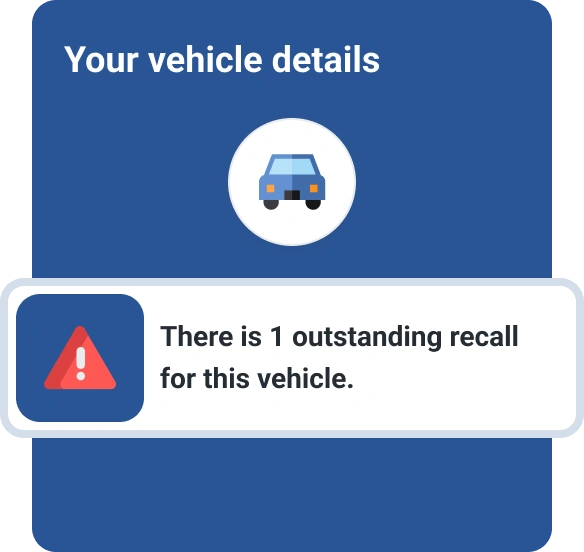What Is a Salvage Title Car?
Quick Answer
A salvage title indicates that a car has been damaged to the extent that the repair costs exceeded its fair market value. While a salvage title car can appear to be a bargain, there are significant risks to consider before buying one.

Salvage title vehicles are often sold at a fraction of their former value, so if you come across a deal that seems too good to be true, the car could have a salvage title.
Not all salvage title vehicles are lemons, but there are some significant risks to consider before you buy one. In particular, it's important to understand the vehicle's history and take certain precautions to avoid ending up with a money pit. Here's what to know.
What Is a Salvage Title Car?
If a car sustains damage in a collision or due to flooding, fire, hail, vandalism or theft, and the cost to repair the vehicle exceeds a certain threshold, the insurance company may declare it a total loss.
If the vehicle is repairable, though, the insurance company must apply for a salvage title before selling the car to an auction house or auto body shop.
At that point, the vehicle can be repaired and put back on the road after passing a safety inspection. Before doing so, the repairer must obtain a new branded title, usually called a rebuilt salvage title. Depending on the state, though, it may also be referred to as a rebuilt title, previously salvaged title, restored title or reconstructed title.
In other words, while the term "salvage title" is often used when talking about a used car with a checkered past, what you're looking at is really a rebuilt salvage title.
Compare rates on a new auto loan
Find a good auto loan with today’s rates. Compare current rates and offers to find the best loan for you.
Reasons to Avoid Buying Salvage Title Cars
Depending on the vehicle's history and your comfort level as a DIY mechanic, a salvage title car could offer legitimate savings. But there are some significant risks to consider before buying one.
Financing Limitations
Salvage title vehicles present some major risks, not only to you but also to lenders. Even if the purchase price—and, therefore, your desired loan amount—is well below the fair market value of the same model with a clean title, a salvage title car is less likely to outlast an auto loan.
As a result, many auto lenders are reluctant to finance cars with salvage titles. If you find one, you may have to put more money down or pay a higher interest rate.
Alternatively, you could look into a personal loan, which doesn't require you to use the vehicle as collateral.
Difficult to Insure
Salvage title cars also present additional risks to insurance companies. For example, if the vehicle was in a major accident, its structural integrity may be compromised, which could result in a higher claim down the road, even for a minor collision.
As a result, you may be able to obtain liability and other required coverages, but collision and comprehensive coverage may be out of the question.
Safety Concerns
Even if the vehicle has passed a state safety inspection, that doesn't mean the vehicle is as safe as one with a clean title.
Again, if the structural integrity of the car has been compromised, it may not provide you with the same protection if you get in an accident. If the vehicle sustained flood damage, mold, corrosion and electrical issues can present additional hazards that impact your safety while driving.
Minimal Resale Value
While you may be able to save on a salvage title vehicle, don't expect to get much when you're ready to sell. Many dealerships don't accept salvage title cars, so a trade-in may not be an option.
Selling it in a private-party transaction can also prove difficult, primarily because other buyers will be wary about the vehicle's history. What's more, salvage title vehicles don't have a blue book value, so it can be challenging to agree on a price.
Risk of Fraud
Not all salvage title vehicles are hopeless, but don't take the seller's word for it. They may try to tell you that the damage was minor, but that doesn't mean they're being truthful. Sadly, there's little recourse in the event that you get duped, and being without your car and your cash can create additional problems for you.
Should I Buy a Salvage Title Car?
Most people are safer avoiding salvage title cars, particularly those who need a reliable form of transportation every day. However, there are some situations where it could make sense:
- You can afford to pay for the car with cash.
- You're a mechanic, or you have extensive knowledge and experience working with cars.
- The vehicle was damaged by hail but has no structural or mechanical deficiencies.
- The vehicle was stolen and recovered after it was declared a total loss, but it sustained no damage.
- You know the seller and have a full history of the vehicle.
- You have no plans to resell the vehicle.
Even if one or more of these points describe your situation, it's still crucial that you do your due diligence before buying a salvage title vehicle.
How to Buy a Salvage Title Car
If you're planning on buying a car with a salvage title, you may not be able to avoid all the risks associated with this type of branded title. However, here are some steps you can take to minimize the risks:
- Find a reputable seller. In general, it's best to avoid buying a salvage title through Craigslist and other classifieds. Instead, focus your search on reputable repair companies and independent dealers. Check online reviews to ensure that the seller has a good track record of quality repairs and fair prices.
- Get an accurate history of the vehicle. Companies like Carfax and Autocheck can provide you with some information about the vehicle's history, including the number of owners and accidents, mileage and more. But on top of that, ask the seller to provide the original repair records, so you can get a fuller picture of what happened.
- Get a full inspection. Hire a mechanic to do a full inspection of the vehicle. A trained professional will be able to spot shoddy repairs and potential red flags that could impact your safety.
- Watch out for signs of fraud. Throughout the process, avoid letting your guard down. If a vehicle has a recent title issued from another state, for instance, the seller may have engaged in title washing—a scam that involves registering the vehicle in a state with laxer standards regarding rebuilt titles. Also, be suspicious of any attempts to downplay the damage the vehicle sustained; always get a professional opinion.
The Bottom Line
A salvage title vehicle can offer significant upfront savings, but if you're not careful, you could be putting yourself and your loved ones at risk. While it may be tempting to buy a salvage title car, it's crucial that you take the time to fully investigate the vehicle's checkered past and get professional advice on whether the car is safe to drive.
What makes a good credit score?
Learn what it takes to achieve a good credit score. Review your FICO® Score for free and see what’s helping and hurting your score.
Get your FICO® ScoreNo credit card required
About the author
Ben Luthi has worked in financial planning, banking and auto finance, and writes about all aspects of money. His work has appeared in Time, Success, USA Today, Credit Karma, NerdWallet, Wirecutter and more.
Read more from Ben

